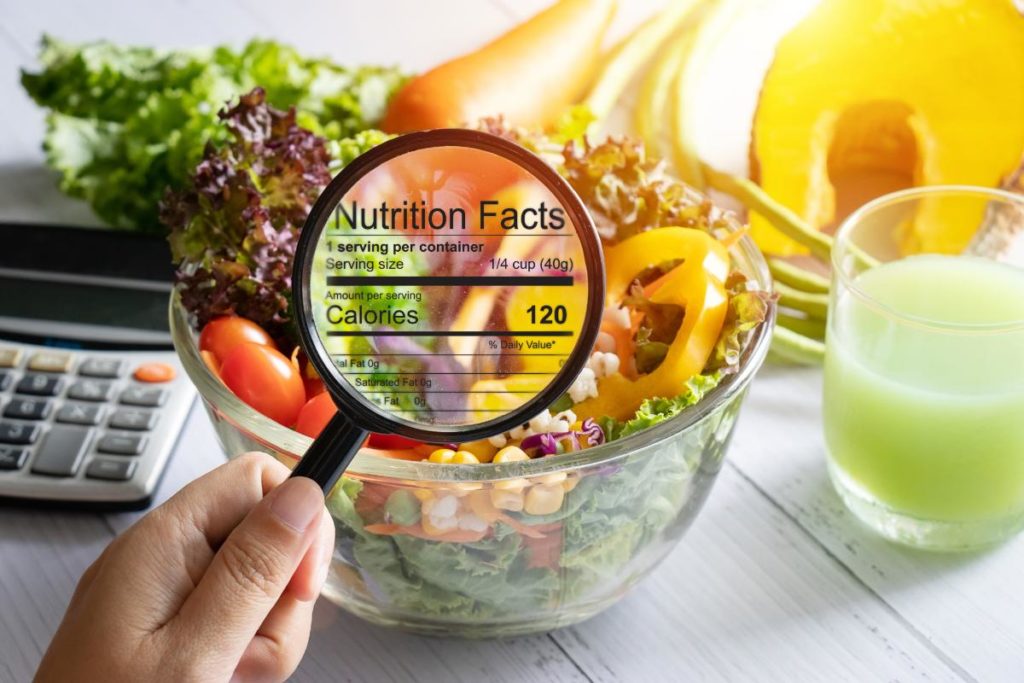Addiction typically leads to questionable dietary choices and vitamin deficiencies. Often, people in the midst of addiction may avoid eating altogether. Crucial vitamins and minerals that the body needs are not being ingested, which leads to severe health consequences. If you or someone you care about struggles with addiction and has poor editing habits, it may feel like a healthy lifestyle is out of reach.
The truth is that help is available. At San Antonio Recovery Center, our team believes in the importance of food for addiction recovery. Nutrition and addiction are definitely linked, and we’d like to help you learn healthy eating habits that reinforce your recovery from addiction. If you are interested in learning more about our nutrition program for addiction, contact our team by calling 866.957.7885 or completing our convenient online form.

But the drug temporarily picks you up. Then, when the cravings come again, you eat what makes you happy. Your diet probably included a lot of pre-packaged meals, junk food, and take-out.
Substance abuse doesn’t just contribute to poor dietary choices. It also leads to vitamin deficiencies. Some drugs suppress your appetite, which prevents you from nourishing your body when it needs it. Alcohol blocks the absorption of thiamine, which leads to organ and brain damage.
For example, opioid abuse slows metabolism. Digestion becomes sluggish. You’ll see this in bouts of constipation. At San Antonio Recovery Center, therapists recognize the vital aspect of nutritional therapy for people in active recovery. We understand the connection between nutrition and addiction, and we can teach you about foods for recovery.
As a holistic therapy, nutritional counseling at San Antonio Recovery Center helps you to relearn some of the healthy habits you might’ve lost. Counselors help you identify healthy sources of carbohydrates such as whole grains and low-fat dairy products. For example, you learn how to use brown rice and apples for your daily fiber requirements. Food and addiction are always linked.
Some program participants have a difficult time with fat intake. If you’ve used drugs to lose a substantial amount of weight, it may sound counterintuitive to go back to fat. However, recovery and lifelong sobriety depend on your ability to make healthy food choices and stay away from fad diets. Training you in this manner is part of nutritional therapy.
Getting help with developing a healthy attitude toward nutrition is only one aspect of recovery. It can’t be the only treatment. Instead, it becomes part of a more extensive set of evidence-based modalities.
Examples include:
Addiction therapy services sometimes fail to emphasize the importance of nutritional counseling. That’s a problem. It’s easy to mistake the side effects of poor nutrition for withdrawal symptoms or drug cravings. In this case, you don’t need pharmacological support but a change in meal planning.
Moreover, learning how to eat well is part of life skills training. This, in turn, is an integral factor of most addiction rehab programs. In many ways, this treatment fortifies you against future drug abuse. Eating healthy meals protects you from feeling off and reaching for a drug to fix it.
When you’re ready to embrace addiction treatment, the caring professionals at the San Antonio Recovery Center are here to help. You heal with the help of evidence-based therapies and holistic care in the form of nutritional therapy. Call 866.957.7885 or complete our online form today to learn more about our addiction treatment program.
contact us now!
